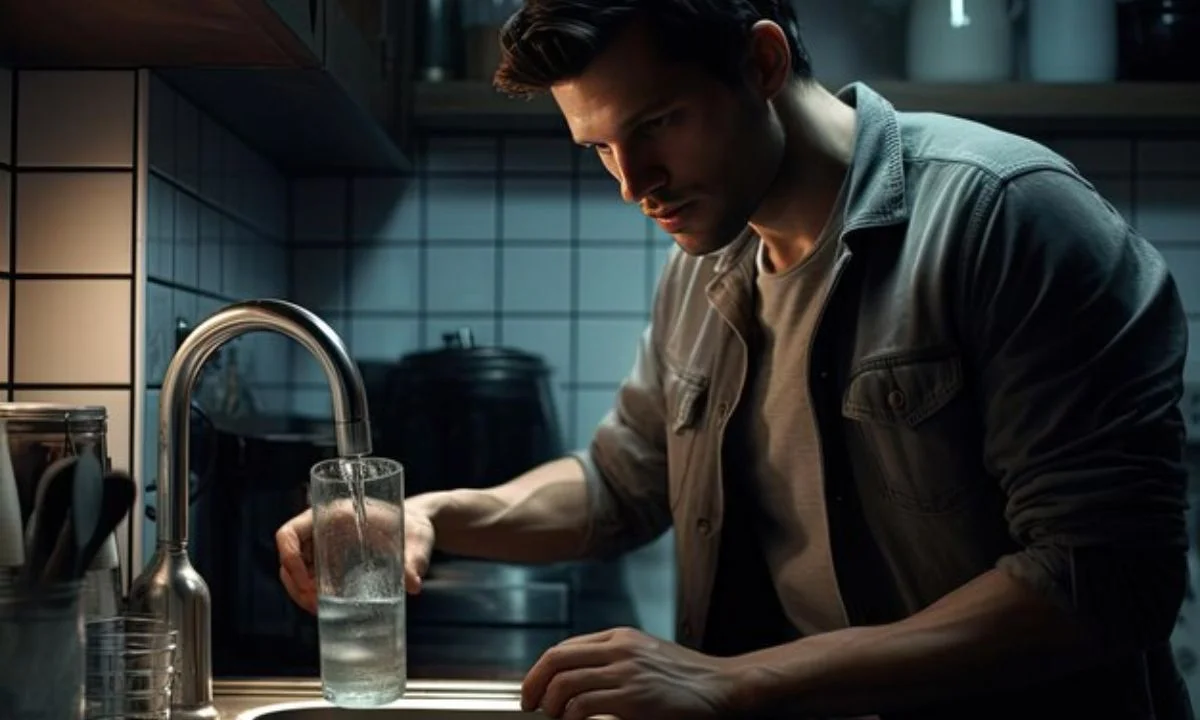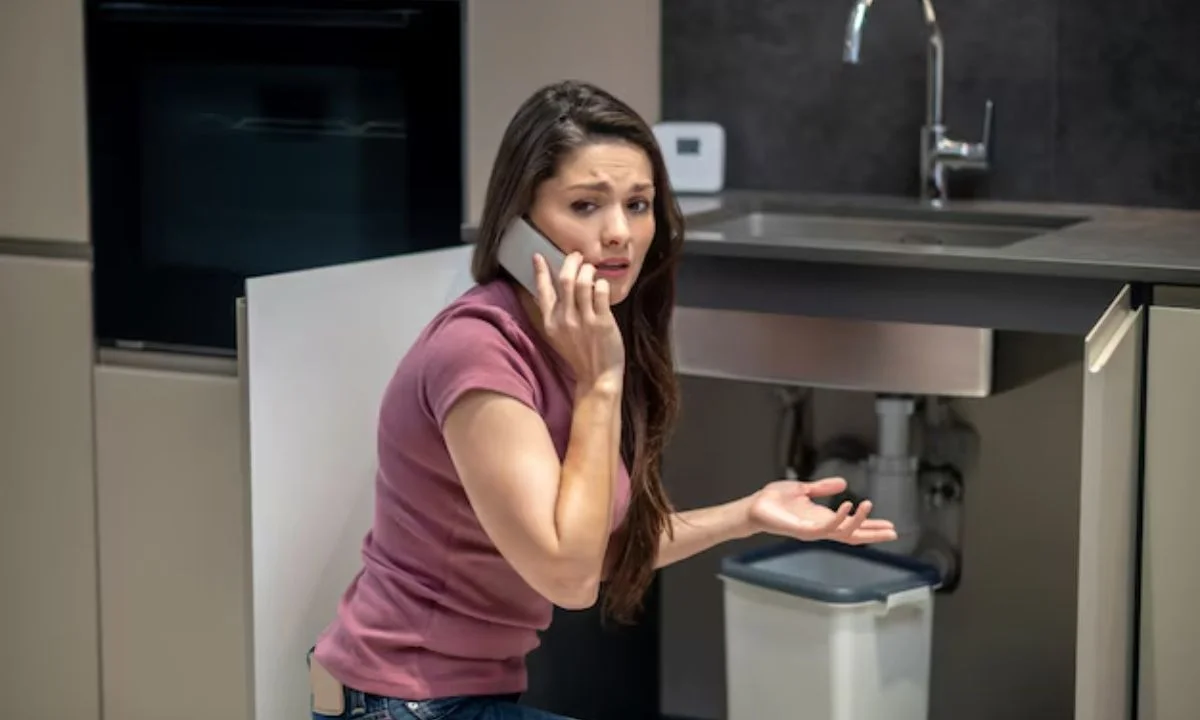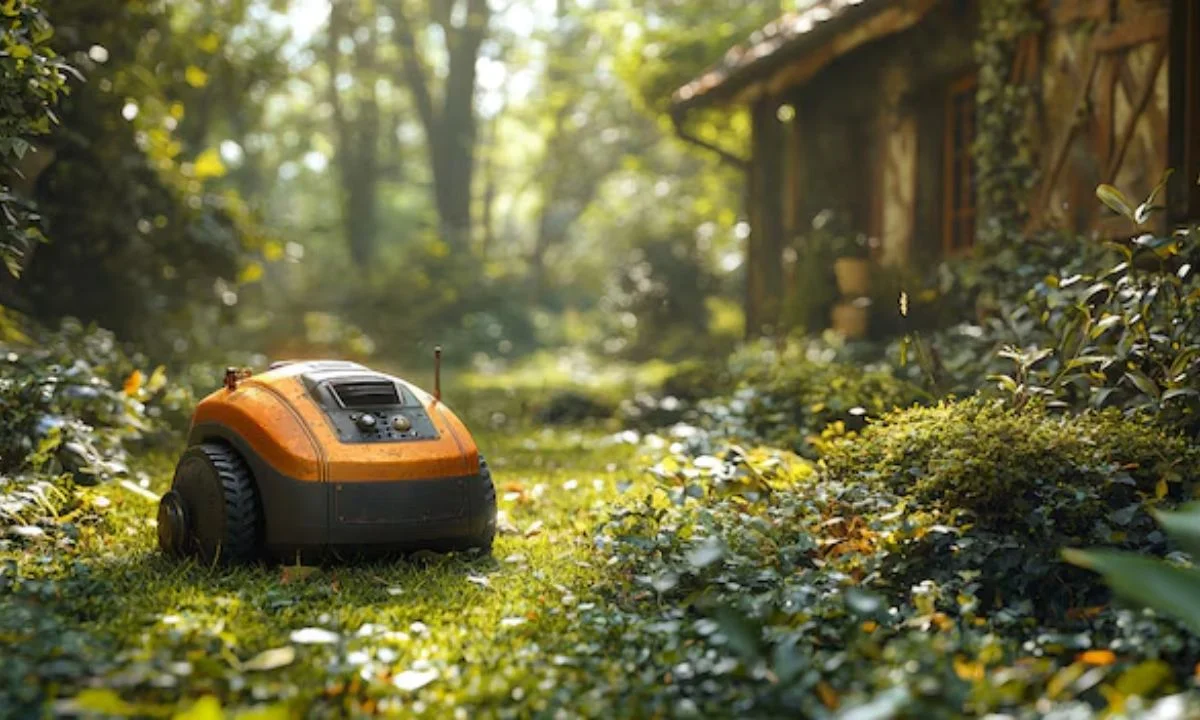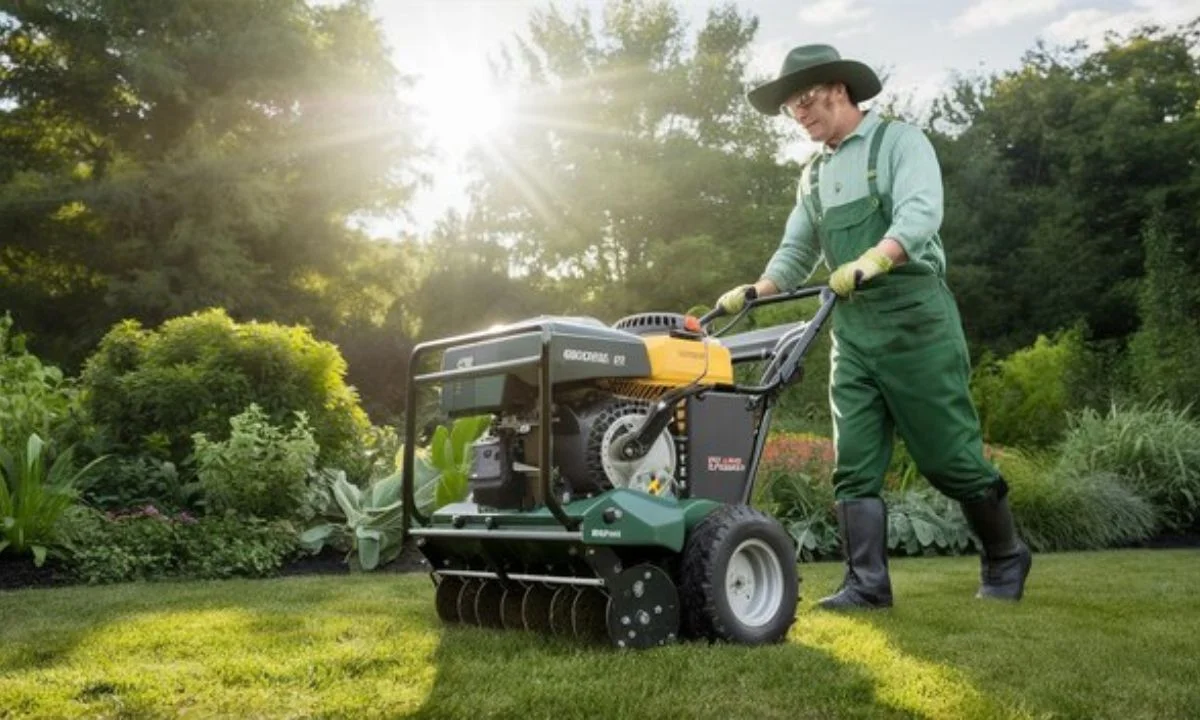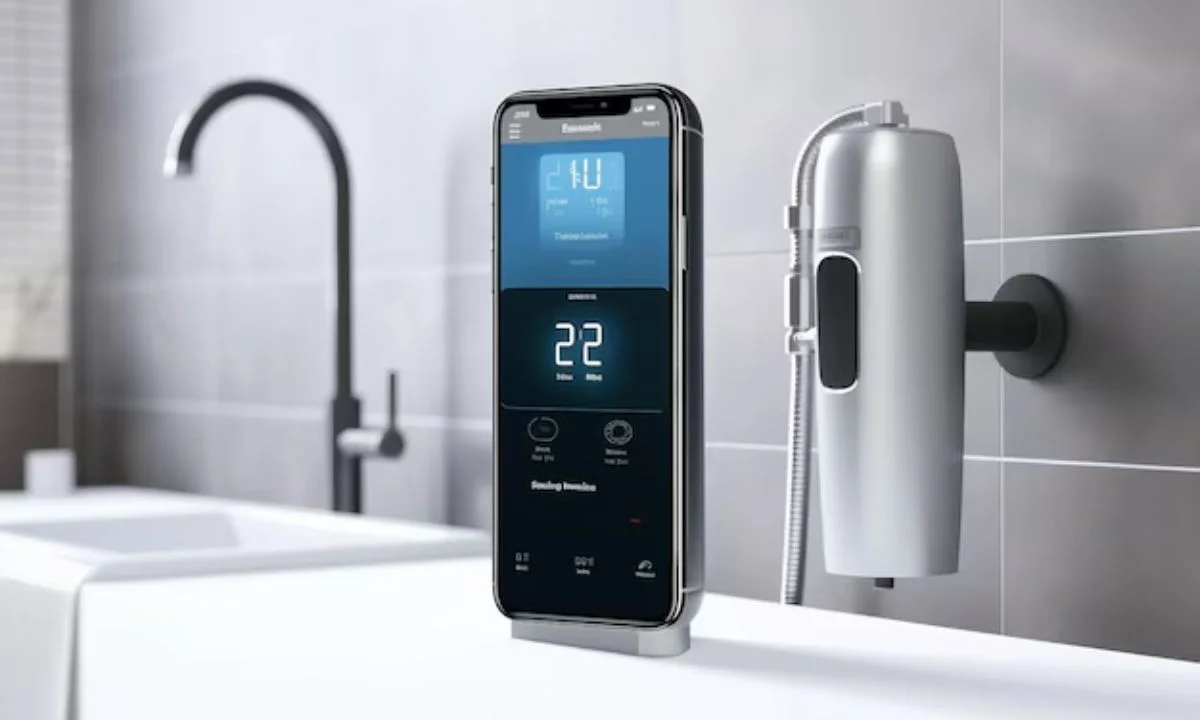We have hot water in the bathroom but not kitchen, a frustrating issue many households experience. This situation can arise due to various reasons, ranging from plumbing problems to faulty appliances. Understanding the possible causes and solutions can help restore hot water access in your kitchen, making daily tasks like washing dishes and cooking much easier.
Common Causes of Hot Water Issues
Several reasons could explain why we have hot water in the bathroom but not kitchen. Identifying the cause is essential for fixing the problem.
Plumbing Issues
One common reason for this issue could be plumbing problems. If there is a blockage or a break in the hot water line leading to the kitchen, hot water may not reach that area. This could occur due to corrosion, leaks, or a buildup of sediment in the pipes.
Must read How to Start a Lawn Care Business: A Complete Guide for Beginners
Faulty Fixtures
Another potential cause is faulty fixtures. Sometimes, the faucet or the mixing valve in the kitchen can malfunction, leading to a lack of hot water. If the faucet is old or has not been used for a while, it might need to be repaired or replaced.
Water Heater Problems
Your water heater could also be the culprit. If it is not functioning correctly or has a lower capacity than needed, it may supply enough hot water to the bathroom while leaving the kitchen without. Regular maintenance and checks on your water heater are essential for ensuring its proper operation.
Troubleshooting Steps to Diagnose the Problem
If you find yourself saying, “we have hot water in the bathroom but not kitchen,” here are some steps you can take to troubleshoot the issue.
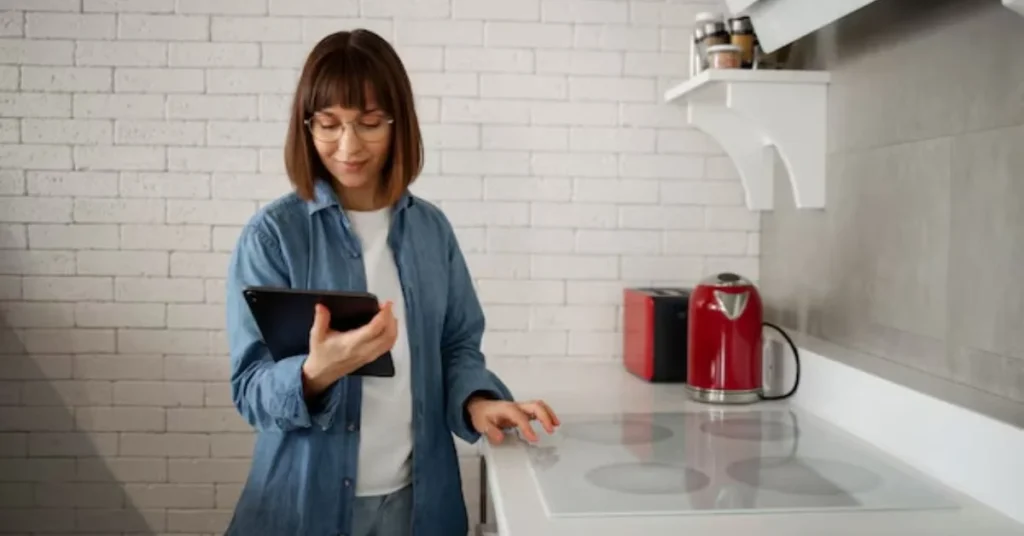
Check the Kitchen Faucet
Start by checking the kitchen faucet. Turn it on to see if any hot water comes out. If there is no hot water at all, the issue might be with the faucet itself. You can remove the faucet handle and check the cartridge or aerator for blockages.
Inspect the Hot Water Lines
Next, inspect the hot water lines. Look for any visible signs of leaks or damage. You can also listen for any unusual sounds, such as gurgling or hissing, which might indicate air trapped in the pipes or other issues.
Examine the Water Heater
Lastly, examine your water heater. Ensure that it is set to the correct temperature and that it is functioning properly. You can also check the age of your water heater; if it is older than 10-15 years, it might be time for a replacement.
When to Call a Professional Plumber
While some hot water issues can be resolved with simple troubleshooting, others may require the expertise of a professional plumber. Here are some signs for we have hot water in the bathroom but not kitchen that it might be time to call for help.
Persistent Issues
If you continue to experience problems despite following troubleshooting steps, it is wise to consult a professional. They can help identify underlying issues that might not be immediately apparent.
Major Plumbing Concerns
If you discover leaks, unusual sounds, or other significant plumbing concerns, don’t hesitate to call a plumber. Ignoring these issues could lead to more severe damage and costly repairs down the line.
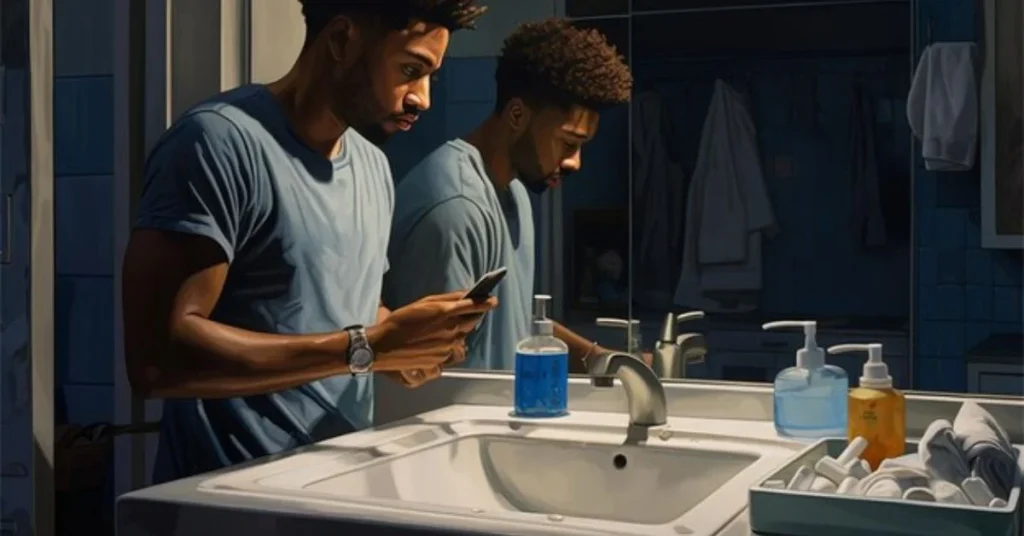
Water Heater Replacement
If your water heater is old or malfunctioning, a professional can help you decide whether it needs repairs or a complete replacement. They can also recommend the best options for your needs and budget.
Preventative Maintenance for Hot Water Systems
Taking preventative measures can help ensure you do not encounter the problem of having hot water in the bathroom but not in the kitchen again. Regular maintenance is key.
Regular Inspections
Schedule regular inspections of your plumbing system, including your water heater and fixtures. A professional plumber can help identify potential problems before they become serious issues.
Flushing the Water Heater
Flushing your water heater regularly helps remove sediment buildup that can affect its performance. This simple maintenance task can improve efficiency and extend the lifespan of the unit.
Check for Leaks
Always be vigilant about checking for leaks in your plumbing system. Even small leaks can lead to significant issues over time, including reduced hot water availability.
Conclusion
In summary, if you find yourself saying, “we have hot water in the bathroom but not kitchen,” it’s essential to understand the potential causes and solutions. By troubleshooting the issue, you can identify whether the problem lies with your plumbing, fixtures, or water heater. Regular maintenance and timely professional assistance can help prevent these problems in the future, ensuring that you have reliable access to hot water in all areas of your home. If the issue persists, don’t hesitate to reach out to a professional plumber for expert help. Click here for more information.
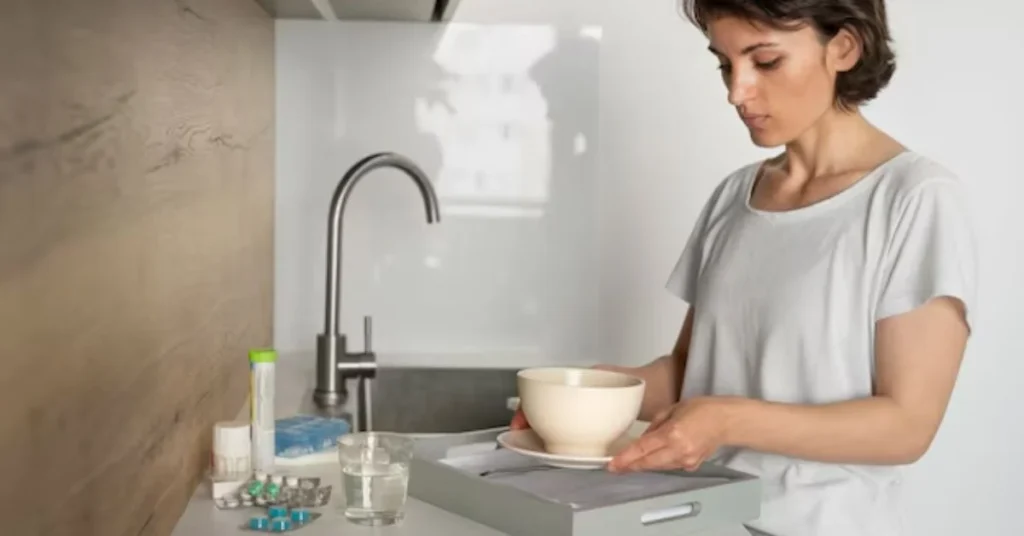
Why we have hot water in the bathroom but not kitchen?
This issue could be due to plumbing problems, faulty fixtures, or water heater issues.
How can I check if my kitchen faucet is faulty?
Turn on the faucet to see if hot water comes out. If not, remove the handle to check for blockages or damage.
What should I do if my water heater is old?
If your water heater is older than 10-15 years, consider having it inspected by a professional to assess its condition.
How often should I flush my water heater?
It’s recommended to flush your water heater at least once a year to remove sediment buildup.
When should I call a plumber?
If you cannot resolve the issue on your own or notice significant plumbing concerns, it’s time to call a plumber for assistance.

